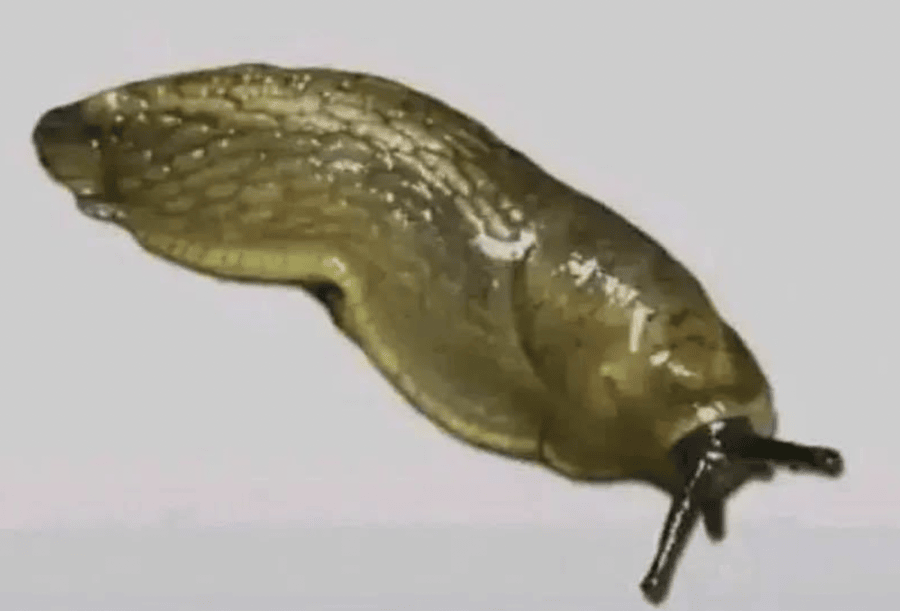For many, encountering a slug sparks a single response: a wince. These glistening, leisurely travelers, often seen after rain or tucked among garden greens, rarely capture admiration. Yet, what if we revealed that slugs—those unassuming, slick creatures—are silently performing critical tasks in our ecosystems, skincare innovations, and even cutting-edge science?
Indeed, it’s true.
Whether you’re a passionate gardener or merely intrigued by nature’s hidden marvels, slugs offer far more than their appearance suggests. Far from merely gliding across pathways, these overlooked organisms are tidying ecosystems, nourishing wildlife, aiding medical advancements, and sparking discoveries in brain science.
Let’s dive into the extraordinary contributions of slugs—and why they merit far more respect than they typically receive.
Nature’s Silent Stewards
If you cherish thriving gardens, lush forests, or fertile soil, slugs likely play a role in their vitality.
As natural decomposers, slugs consume fallen leaves, fungi, algae, and decaying plants. They transform this organic matter into vital nutrients, enriching the earth and acting as tiny composting engines. Through this process, they enhance soil health and support robust plant growth—without any fanfare.
Picture slugs as nature’s maintenance team. Though their appearance may not impress, they diligently restore balance and recycle materials right under our noses.
Ultimately, slugs perform a straightforward yet profound task: they keep the cycle of life flowing seamlessly.
A Vital Link in the Food Web
While slugs may not be welcome guests in your vegetable patch, they’re a cherished meal for many creatures.
Birds, toads, hedgehogs, frogs, and beetles depend on slugs as a consistent, nutritious food source. These predators, in turn, help regulate pests and sustain ecological harmony.
Removing slugs from this web doesn’t merely eliminate one species—it disrupts a delicate network that affects everything from songbirds to local amphibians.
Nature operates with purpose. Every creature has a role, and slugs are no exception.
Slug Slime: From Garden Goo to Skincare Treasure
Now, here’s where the story turns truly captivating. That slime you might find off-putting? It’s earning praise in medical and cosmetic fields for its remarkable qualities.
Slug slime—that glossy trail left in their wake—is far more than mere muck. It contains natural enzymes that offer:
- Antibacterial properties
- Anti-inflammatory benefits
- Tissue-regenerating capabilities
These attributes are being explored for medical uses, such as healing wounds, reducing scars, and aiding recovery after surgeries.
In the realm of beauty, slug slime contains hyaluronic acid, antioxidants, and other compounds closely resembling those in snail mucin, a celebrated ingredient in moisturizers and anti-aging products. Skincare brands are tapping into slug-derived ingredients to boost skin hydration, elasticity, and repair. What was once dismissed as garden residue may soon become a staple in your skincare routine.
A Gateway to Understanding the Brain
Beyond gardens and laboratories, slugs have made surprising contributions to neuroscience.
With their relatively simple nervous systems, slugs—and their marine cousins, sea slugs—serve as ideal subjects for studying learning, memory, and neural connections. Their compact brains allow researchers to observe how nerve cells communicate, store information, and adapt to new conditions.
This work has deepened our understanding of:
- Alzheimer’s disease
- Memory retention
- Neural repair
By examining how slugs process stimuli and adapt, scientists have gained insights into some of the most intricate functions of the human brain.
It’s remarkable to consider that such a modest, slow-moving creature has helped illuminate the complexities of memory itself.
Reimagining the Modest Slug
It’s tempting to brush off slugs as mere pests or inconveniences. Yet, in reality, they play a far greater role in our world than most of us acknowledge.
They:
- Recycle organic matter to nourish the soil
- Sustain a diverse array of wildlife
- Provide valuable compounds for medicine and skincare
- Assist researchers in unraveling the brain’s mysteries
In essence, slugs are not merely helpful—they’re indispensable.
Celebrating the Overlooked
The story of the slug carries a subtle lesson: worth doesn’t always shine brightly. Often, the most meaningful contributions happen quietly, out of view, and without acclaim.
We tend to seek wonder in sweeping vistas or majestic creatures. Yet, wonder also resides in the small and slick, the slow and uncelebrated.
So, the next time you spot a slug gliding across your path or nestled in your flowerbed, pause before reacting. Reflect, instead, on the many ways this humble creature enriches your world—steadily, quietly, and with far greater impact than you might have ever imagined.




